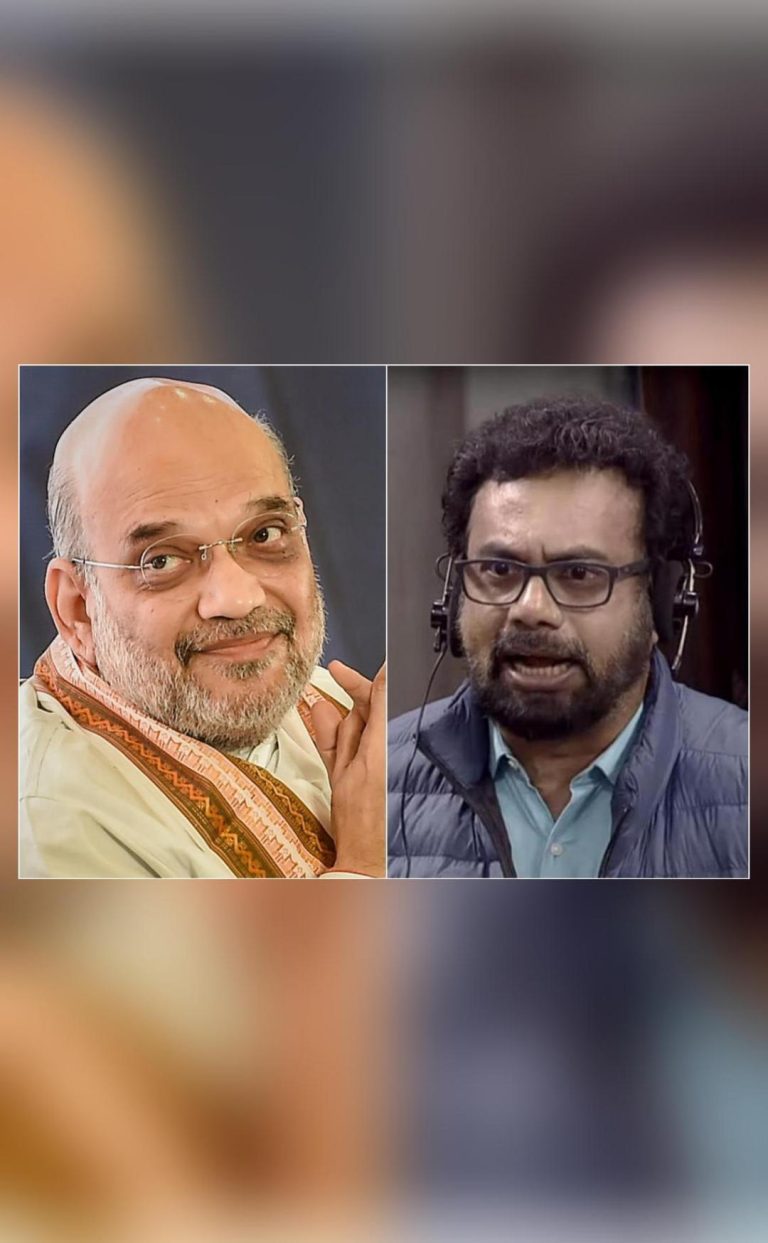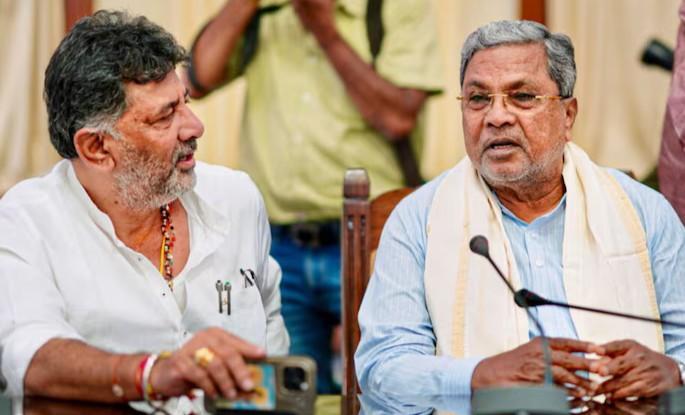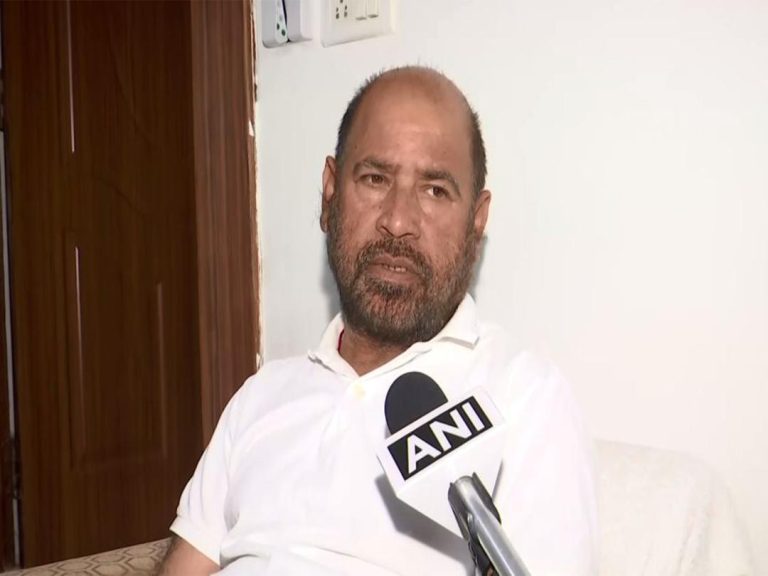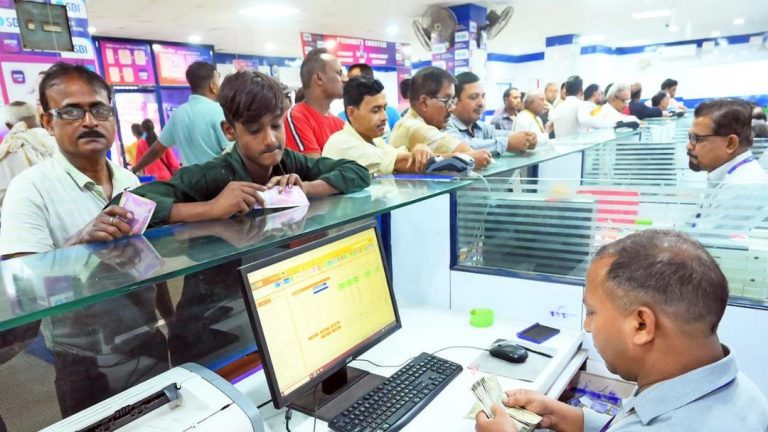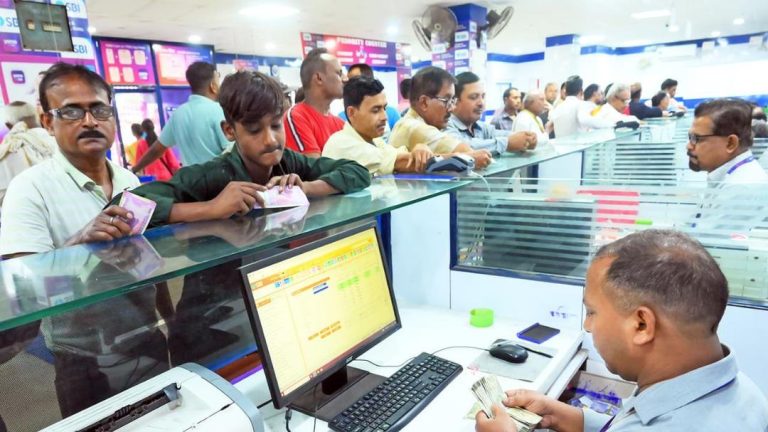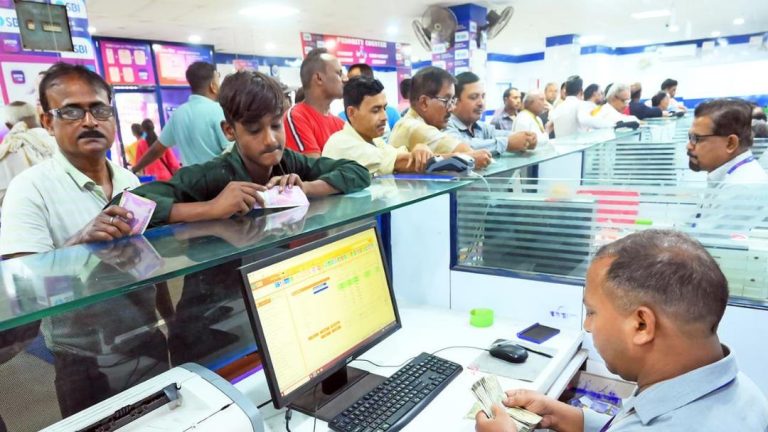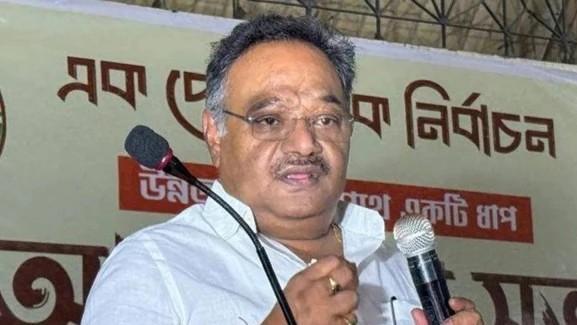
Not only Hindus, need nationalist Muslims: West Bengal BJP chief
In a significant statement, the newly appointed president of the Bharatiya Janata Party’s (BJP) West Bengal unit, Samik Bhattacharya, has urged “open-minded, progressive and nationalist Muslims” to join hands with the party in the upcoming state polls. Bhattacharya’s remark has sparked a heated debate, with many questioning the BJP’s intentions behind such a statement.
In a conversation with Hindustan Times, Bhattacharya said, “Radicalisation has spread everywhere…to counter this, we need not only Hindus but nationalist Muslims as well.” He emphasized the need for unity to counter the growing threat of radicalization in the state. Bhattacharya’s statement comes at a time when the BJP is facing a tough challenge in West Bengal, where the party has been trying to make inroads for years.
The BJP’s move to court Muslim voters is not new. In recent years, the party has been making efforts to expand its base among minority communities. However, Bhattacharya’s statement has raised eyebrows, with many questioning the party’s sincerity. The Congress party, in particular, has criticized the BJP’s move, calling it a “tactical appeal” to Muslims.
Congress spokesperson, Abdul Mannan, said, “The BJP is trying to create a divide between Hindus and Muslims. They are trying to create a situation where Muslims feel that they are being targeted and marginalized, and then, they will come running to the BJP for relief.” Mannan added that the BJP’s move was aimed at diverting attention from its own failures and the growing discontent among Hindus in the state.
However, Bhattacharya’s statement has also received support from some quarters. Muslim intellectuals and leaders have welcomed the BJP’s move, saying that it is high time for Muslims to come together with other Indians to counter the growing threat of radicalization.
Dr. Zakir Naik, a prominent Muslim scholar, said, “I welcome Samik Bhattacharya’s statement. It is a bold move that shows the BJP is willing to take risks to counter radicalization. We need more Muslims like Bhattacharya who are willing to stand up against radicalization and extremism.”
The debate surrounding Bhattacharya’s statement has also brought to the fore the issue of radicalization in West Bengal. The state has been grappling with the issue of radicalization for years, with many instances of Muslim youth being radicalized and joining terrorist organizations like ISIS and Al-Qaeda.
Experts say that the BJP’s move is an attempt to capitalize on the growing concern about radicalization among Hindus in the state. “The BJP is trying to create a sense of fear among Hindus about radicalization and then, offer itself as the solution,” said Dr. Sumantra Chattopadhyay, a political analyst.
However, Bhattacharya’s statement has also raised questions about the BJP’s commitment to its core ideology. The party’s ideology is built on the principle of Hindutva, which emphasizes the importance of Hindu culture and identity. Bhattacharya’s statement, therefore, has raised questions about whether the party is willing to compromise on its core ideology to win Muslim votes.
The BJP’s move to court Muslim voters is seen as a strategic decision, aimed at expanding its base in the state. With the state assembly polls scheduled for next year, the BJP is likely to use all means necessary to win over Muslim voters.
However, the success of the BJP’s move will depend on how it is received by Muslim voters. Many Muslim leaders and intellectuals have expressed skepticism about the BJP’s intentions, saying that the party’s track record on issues related to minority communities is far from impressive.
The debate surrounding Bhattacharya’s statement is likely to continue in the coming days. While some have welcomed the BJP’s move, others have criticized it for being a tactical appeal to Muslims. The BJP’s success in West Bengal will depend on how it navigates this complex issue and wins over Muslim voters.
